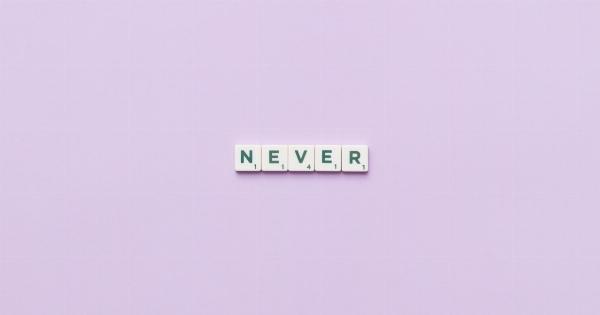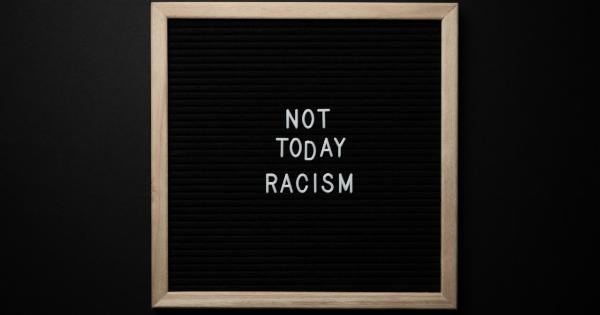We all know what it’s like to be afraid of something. Maybe it’s spiders, heights, or small spaces. But what about the more unusual fears that many people have? Here are 20 of the most irrational fears you may never have heard of.
Fear of Peanut Butter Sticking to the Roof of the Mouth
Arachibutyrophobia is the fear of having peanut butter stick to the roof of your mouth. People with this phobia may avoid eating foods that contain peanut butter or even avoid going near someone who is eating it.
Fear of Long Words
Hippopotomonstrosesquippedaliophobia is the fear of long words. Ironically, the name of this phobia is a long word itself.
Fear of Mirrors
People with spectrophobia have an intense fear of mirrors. This fear may stem from a belief that an image in a mirror could come to life and harm them.
Fear of Trees
Dendrophobia is the fear of trees. This fear may be due to a traumatic experience or a fear of falling tree branches.
Fear of Snow
Chionophobia is the fear of snow. This fear may develop after a traumatic experience such as being trapped in a snowstorm or losing someone during a winter storm.
Fear of Clowns
Coulrophobia is a common fear of clowns. This fear may stem from the unnatural appearance of clowns or a traumatic experience with a clown in the past.
Fear of Palindromes
Aibohphobia is the fear of palindromes, which are words or phrases that read the same backwards as they do forwards. This fear may be due to anxiety related to the symmetry of these words.
Fear of Buttons
Koumpounophobia is the fear of buttons. This fear may stem from the texture, shape, or sound of buttons. People with this phobia may struggle to wear clothes with buttons or even be in close proximity to them.
Fear of Cheese
Turophobia is the fear of cheese. This fear may stem from an aversion to the smell or taste of cheese or could be due to a traumatic experience involving cheese.
Fear of Chickens
Alektorophobia is the fear of chickens. This fear may stem from a fear of birds in general or a traumatic experience with chickens in the past.
Fear of Belly Buttons
Omphalophobia is the fear of belly buttons. This fear may stem from anxiety related to the appearance or texture of the navel.
Fear of Unfamiliar Words
Xenoglossophobia is the fear of unfamiliar words. This fear may be due to anxiety related to unfamiliar social situations or a fear of sounding unintelligent.
Fear of Dancing
Choreophobia is the fear of dancing. This fear may stem from anxiety related to public performance, or a lack of confidence in dance ability.
Fear of Sitting
Cathisophobia is the fear of sitting. This phobia may stem from past trauma or related to anxiety about being confined or unable to move freely.
Fear of Chewing Gum
Chiclephobia is the fear of chewing gum. This fear may stem from anxiety related to choking or a fear of the texture or taste of gum.
Fear of Biting into Fruit
Fructophobia is the fear of biting into fruit. This fear may be due to anxiety related to the texture or taste of certain fruits or a fear of choking.
Fear of Balloons
Coulrophobia, the fear of clowns, may also include a fear of balloons since they are often associated with clowns. However, fear of balloons can also be a separate phobia known as globophobia.
This fear may stem from a fear of popping sounds, choking, or the texture of balloons.
Fear of Telephone Calls
Telephonophobia is the fear of making or receiving phone calls. This fear may stem from anxiety related to social situations or a fear of not being able to hear properly on the phone.
Fear of Sleeping
Somniphobia is the fear of sleeping. This phobia may be due to nightmares or anxiety related to lack of control over one’s surroundings while asleep.






























